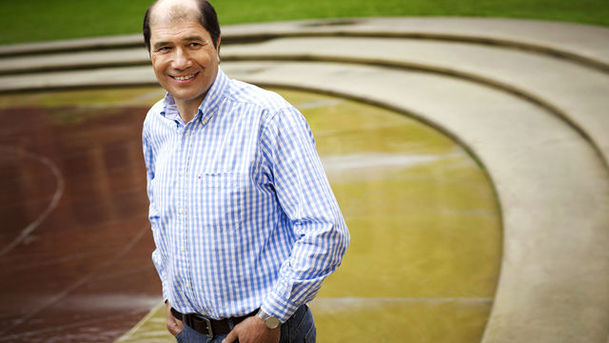Private Passions - John Adams

US composer John Adams talks to Michael Berkeley about the music that makes him tick. The Pulitzer-Prize-winning American composer John Adams is one of the world's most successful contemporary composers. His best-known works, often on contemporary or controversial subject-matter, include the operas 'Nixon in China', based on Richard Nixon's epoch-making 1972 meeting with the Chinese leader Mao Tse Tung; 'The Death of Klinghoffer', about the terrorist hijacking of the cruise liner Achille Lauro and the murder of an elderly American passenger; and Doctor Atomic (2005), which deals with Robert Oppenheimer and the building of the first US atomic bomb. His 2002 choral piece 'On the Transmigration of Souls' commemorates the victims of the 9/11 attacks; while his minimalist orchestral and ensemble works, such as 'Shaker Loops', 'The Chairman Dances' and 'A Short Ride in a Fast Machine' have entered the contemporary repertoire and earned him a wide international audience. His own musical tastes encompass popular American masterpieces such as Sousa's 'The Stars and Stripes Forever', Duke Ellington's 'The Tattooed Bride' and the Beach Boys' 'Good Vibrations' as well as a series of extraordinary works written towards the end of composers' lives: a late Beethoven string quartet; Schubert's last great piano sonata; Hagen's monologue from Act One of Wagner's opera 'Gotterdammerung', and Debussy's elusive ballet score 'Jeux'.